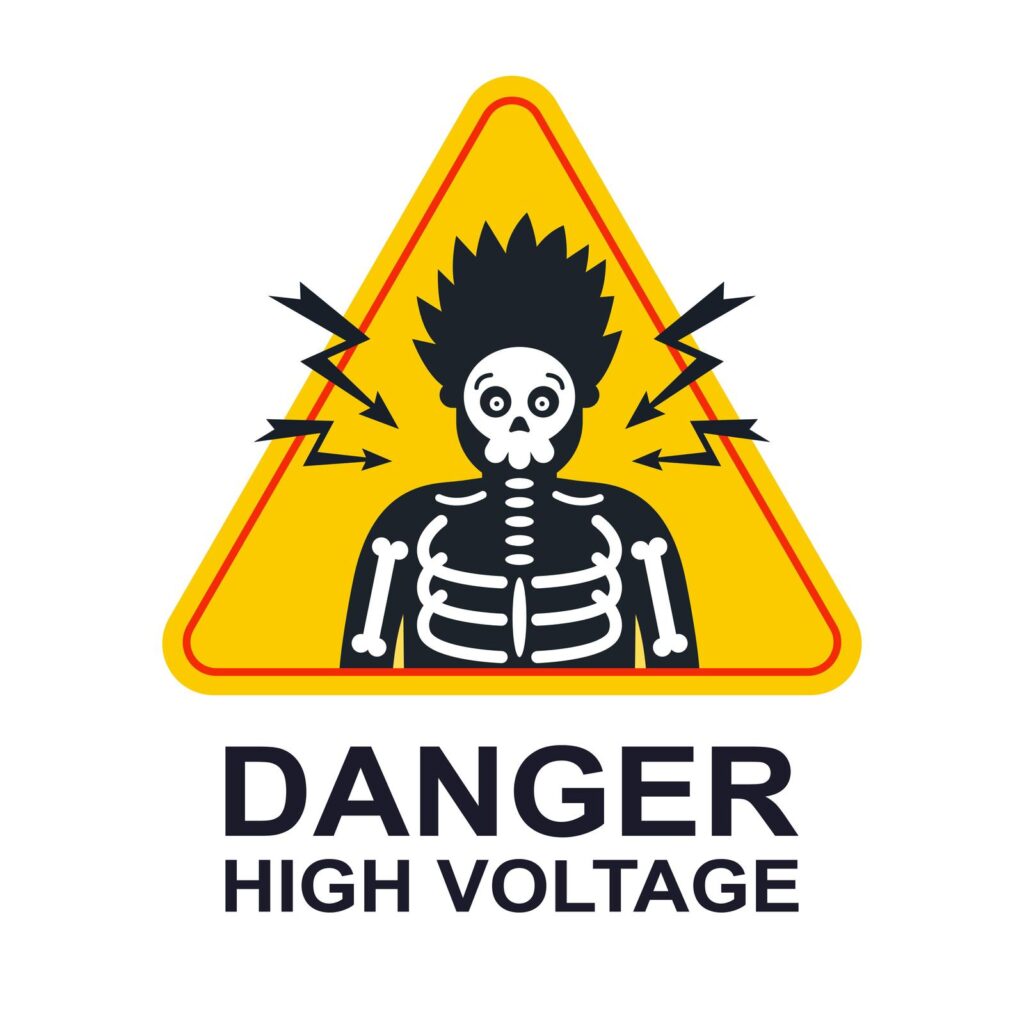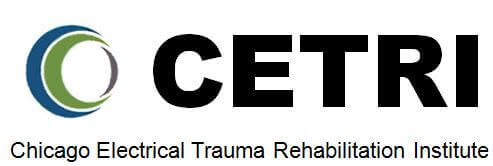What Really Happens When Current Passes Through the Body?

The terms “shock” and “electrocution” are often used interchangeably, but they represent two distinct, though related, phenomena. Understanding this difference is crucial for recognizing the dangers of electrical exposure and how to respond when someone is injured.
Electrocution vs Electric injury
Electrocution refers to a fatal electrical shock — the term itself comes from combining “electricity” and “execution.” Electrical injury, on the other hand, describes non-fatal encounters with electric current that still cause harm to the body.
Both occur when abnormal electrical current flows through living tissue, but the outcome depends on the current’s intensity, duration, and pathway through the body. In simple terms:
- Electrocution = fatal electrical shock
- Electrical injury = non-fatal electrical shock
Why Can Electric Shock Be Deadly?
The human body relies on delicate electrical signals to coordinate functions like heartbeat, breathing, and muscle movement. When external current interferes with those systems, the results can be devastating.
The severity of injury depends on several factors:
- Voltage and current (power) of the source
- Pathway the current takes (e.g., hand-to-foot crosses the heart)
- Duration of contact
Low-power household currents can disrupt the heart’s rhythm, causing ventricular fibrillation, an erratic heartbeat that prevents effective blood circulation and leads to cardiac arrest.
High-voltage contact, such as with power lines or industrial equipment, can cause extensive tissue destruction through intense heat, pressure, and electrical forces, sometimes resulting in fatal blast injuries and burns.
What Happens When Electricity Enters the Body
1. The Shock
For low-voltage electrical shocks typical of those which happen in the home, the electric current may cause a small burn at the contact point. However, more importantly, the current can directly stimulate muscles and nerves that are naturally controlled by tiny electrical signals. If the current passes through the chest, it can interfere with breathing and heart rhythm. Either of these can lead to death.
High-voltage, more accurately called high-power, electrical shocks can destroy the body with heat and electrical force disruption of tissues (i.e. irreversible electroporation). Death can result from extensive tissue injury as it can from any other major body trauma.
2. Burns and Internal Injuries
Coming into contact with electricity can result in burns at the skin contact points of the current. The severity of these burns is influenced by the strength and duration of exposure. Deep burns also occur resulting from the current passage through deep tissues. Deep burns may not be evident on physical exam and may require diagnostic imaging and surgical intervention to prevent infections and aid in the healing process. Additionally, internal injuries may affect organs and tissues, potentially causing long-term health complications if not promptly addressed.
3. Nerve Damage and Neurological Effects
When exposed to electric current, the nervous system is vulnerable to potential harm, leading to neurological damage. Symptoms such as numbness, tingling, weakness, and paralysis may arise from the disruption of nerve function. These effects can manifest immediately or gradually over time.
Prevention and Safety
Electrical injuries are highly preventable.
- Use caution around electrical sources, especially in wet environments.
- Inspect cords and equipment regularly for wear or exposed wires.
- Never attempt repairs on live electrical systems.
- Seek medical help immediately after any electrical contact, even brief or seemingly minor shocks can cause hidden internal injuries.
The Role of CETRI
The Chicago Electrical Trauma Rehabilitation Institute (CETRI) is a leading institution in researching and advancing treatment for electrical and non-ionizing radiation injuries through innovative methods. Our Clinical Program is committed to assisting survivors of electrical shock injuries in their journey towards full recovery. If you or someone you know has suffered an electrical injury, reach out to CETRI to learn how our specialized team can support recovery and improve quality of life.
